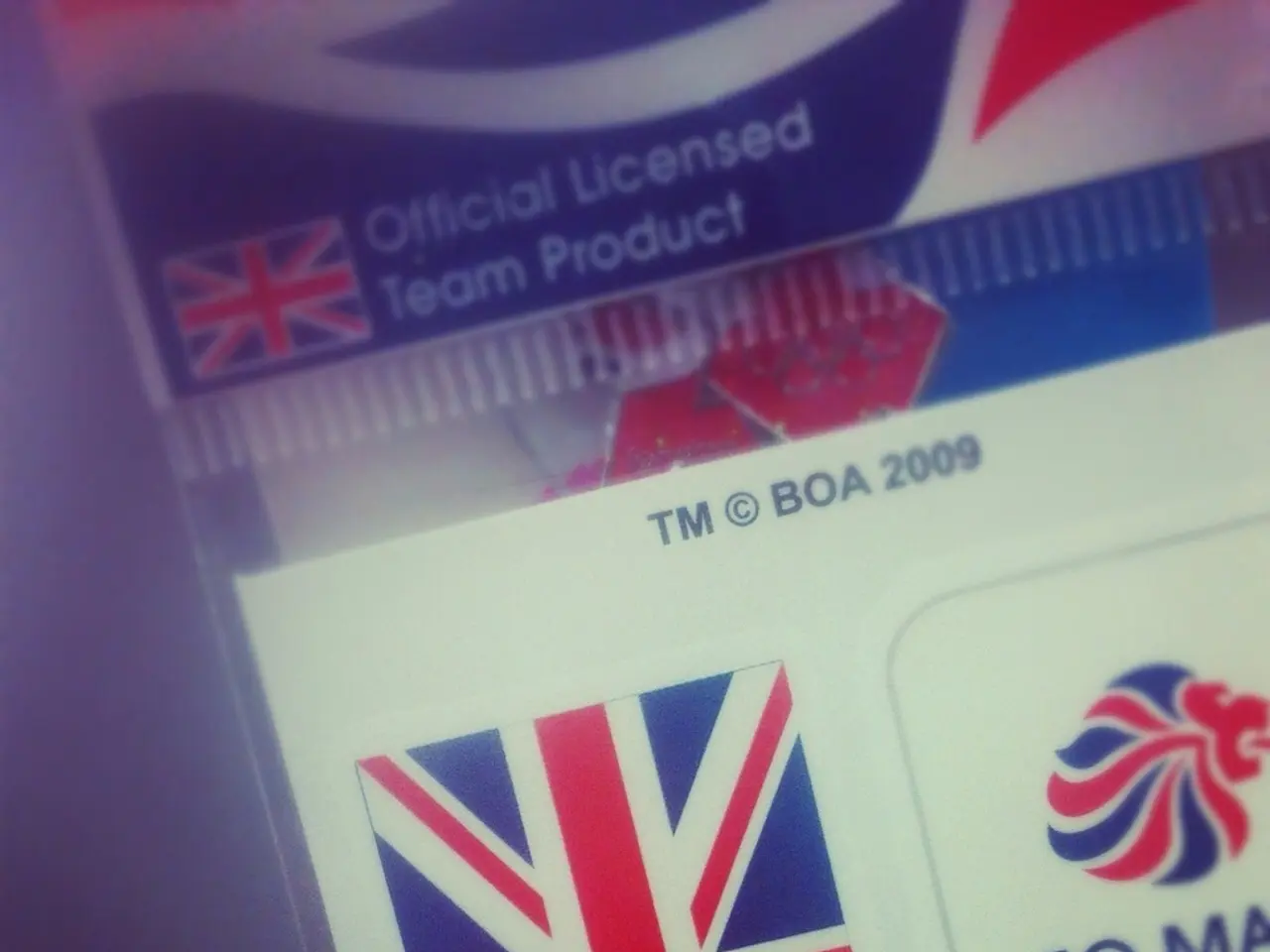Immigration Focus in Canada's Atlantic Regions for the Year 2025: Which Candidates are being Highlighted?
The Atlantic Immigration Program (AIP) is a valuable pathway for skilled workers and certain international graduates who wish to settle in one of Canada's Atlantic provinces. This employer-driven program offers a direct route to permanent residence (PR) in Canada.
Under the AIP, eligible candidates can apply to the federal government for PR, and they may also qualify for a temporary work permit while their PR application is being processed. This temporary work permit allows them to work while their application is being processed, providing a sense of security and continuity.
To be eligible for the AIP, a foreign national needs a job offer from a designated employer in Atlantic Canada. This job offer must be endorsed by the province. After getting a job offer, foreign nationals need to get a settlement plan, which is usually facilitated with the help of the employer and is designed to help candidates settle into their new provinces.
The educational requirements for the AIP depend on the National Occupational Classification (NOC) Training, Education, Experience and Responsibilities (TEER) category of the job offer. For NOC TEER 0 or 1, a one-year post-secondary education or higher is required, while for NOC TEER 2, 3, or 4, a high school diploma is sufficient.
International student graduates can qualify for the AIP without meeting the work experience requirement if they have a two-year or longer credential from a recognized post-secondary institution in Atlantic Canada, were full-time students, and lived in one of the Atlantic provinces for at least 16 months during the last two years before graduating.
In terms of language proficiency, candidates must have minimum language proficiency in English or French, depending on the NOC TEER of the job offer. For NOC TEER 0,1,2,3, the minimum language proficiency is CLB/NCLC 5, while for NOC TEER 4, it is CLB/NCLC 4.
Some provinces, such as Newfoundland and Labrador, have adopted an Expression of Interest (EOI) model for their PNP and AIP. This means that foreign nationals must first submit an EOI and receive an invitation before being included in an AIP Endorsement application.
In 2025, Canadian provinces have begun prioritizing specific occupations and sectors under the AIP, including healthcare, construction, manufacturing, and select other sectors. However, the specific provinces prioritizing AIP endorsement in these sectors have not been explicitly identified. It is noted that Canada focuses on coordinated collaboration among provinces for various initiatives. One province has paused its AIP program for the remainder of 2025, but the specific province is not mentioned.
Nova Scotia is prioritizing foreign nationals currently living and working in Nova Scotia with work permits expiring in 2025, specifically those in healthcare and social assistance, and construction. New Brunswick received an additional 1,500 spots to the NB PNP in June 2025, while New Brunswick has paused its AIP for the remainder of 2025. Prince Edward Island is prioritizing skilled workers in healthcare, construction, and manufacturing for the remainder of 2025.
Unlike Provincial Nominee Programs (PNPs), the AIP does not require candidates to first receive a provincial nomination. Instead, eligible candidates can apply directly to the federal government for PR through the AIP. After getting a job offer endorsed by the province, foreign nationals can obtain a certificate of endorsement, which can be used when applying to the federal government to get PR through the AIP. Foreign nationals already living and working in Canada with a valid work permit are exempt from the settlement funds requirement.
In summary, the Atlantic Immigration Program offers a direct pathway to permanent residence in Canada for skilled workers and certain international graduates who wish to settle in one of Canada's Atlantic provinces. With the prioritization of specific occupations and sectors, the AIP is an attractive option for those looking to start a new life and career in Canada's Atlantic provinces.
Read also:
- Catastrophe at a U.S. Steel facility in Pennsylvania results in the loss of two lives. crucial details unveiled
- Fructose Market Set to Top USD 8.1 Billion by 2034
- Powered by BMW, the Morgan Supersport Hails as a 335HP Ode to Britain's Motor Tradition
- Scout Motors Confident about Steady Electric Vehicle Sales during 2027 Launch on WardsAuto Podcast








